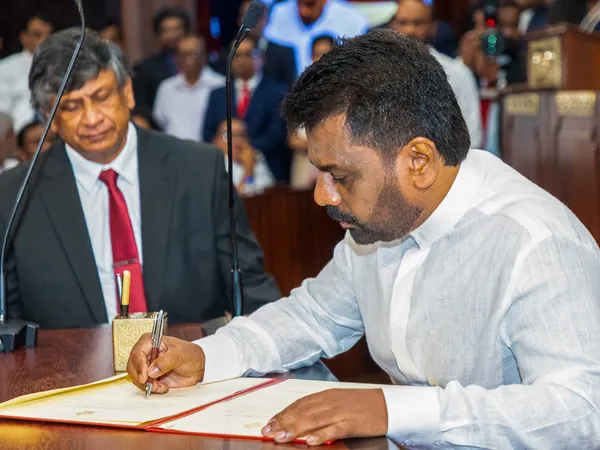
Marxist Leader Dissanayake Takes Charge in Sri Lanka: What Lies Ahead?
2024-09-23
Author: William
Marxist Leader Dissanayake Takes Charge in Sri Lanka: What Lies Ahead?
Marxist-leaning Anura Kumara Dissanayake has officially begun his tenure as Sri Lanka's president following a significant electoral victory. Sworn in on Monday, Dissanayake rose to power against the backdrop of a nation struggling under stringent austerity measures linked to a bailout from the International Monetary Fund (IMF).
The outgoing administration, led by Ranil Wickremesinghe, implemented painful tax increases and surging electricity prices as part of the government's economic terms with the IMF. This fiscal tightening was met with widespread discontent and protest, particularly against Wickremesinghe's leadership after former President Gotabaya Rajapaksa was ousted amid an economic collapse marked by mass demonstrations in 2022, which Dissanayake and his party—the Janatha Vimukthi Peramuna (JVP)—actively supported.
In his inauguration address, Dissanayake emphasized the public's desire for a "cleaner" political arena, proclaiming his commitment to usher in a new political culture in Sri Lanka.
Who is Anura Kumara Dissanayake?
At 55 years old, Dissanayake secured his presidency after receiving 42.3% of the votes in the first election round and subsequently winning through a second round of counting against rival Sajith Premadasa, who garnered 32.8%. His political party, part of the National People’s Power (NPP) alliance, has a tumultuous history, having instigated significant anti-state uprisings in previous decades.
Though he was first elected to parliament in 2000 and had a lackluster performance in the 2019 presidential elections, where he received only 3% of the vote, Dissanayake’s role in the 2022 protests against Rajapaksa significantly boosted his popularity and the public's support for his anti-corruption agenda.
Navigating the IMF Bailout: A Balancing Act
Dissanayake faces immediate pressure regarding the $2.9 billion IMF bailout initiated by Wickremesinghe's administration. During his campaign, he and the NPP criticized the existing terms as disproportionately harmful to economically vulnerable populations. Rajni Gamage, a research fellow at the Institute of South Asian Studies, noted that the austerity measures had severely affected lower-income communities, leading to public outcry.
Dissanayake has expressed intentions to renegotiate parts of the IMF plan, aiming to ease the burden of austerity, while maintaining that scrapping the agreement entirely isn’t an option. While the core goals of the IMF program are likely to remain unchanged, potential negotiations could focus on the origins of revenue generation and allocation of government spending.
The bailout, agreed upon in March 2023, covers a four-year period, and any significant changes to its structure could risk delaying further loan disbursements essential for recovering Sri Lanka’s economy. Following the results of the election, investors reacted cautiously, with Sri Lanka’s dollar bonds falling amid uncertainty about Dissanayake's negotiations with the IMF.
Political Challenges Ahead
As Sri Lanka operates under an executive presidency system, Dissanayake wields extensive powers, including the ability to issue executive orders. However, passing legislation will require cooperation from parliament, where the opposition holds substantial power. The right-wing Sri Lanka Podujana Peramuna (SLPP) maintains a majority with 145 out of 225 seats, while Dissanayake's NPP holds only three.
Acknowledging this obstacle, Dissanayake has indicated plans to dissolve the current parliament to facilitate new elections, arguing that the existing assembly no longer represents the will of the people post-2022 protests. Constitutionally, fresh elections would need to occur within three months of such a dissolution.
What Might a New Parliament Look Like?
Recent opinion polls suggest a competitive landscape for any forthcoming elections, with the SJB and NPP closely matched at about 29% and 28%, respectively, while the SLPP trails at 19%. Such a balance could create a "cohabitation government," with differing party representation in key leadership roles, a scenario that might complicate consistent policy-making amid Sri Lanka’s prevailing economic instability.
Implications for Sri Lanka’s Tamil Community
While Dissanayake's election represents a shift in leadership, his appeal has not extended to Sri Lanka's Tamil population, which constitutes 12% of the country’s 22 million residents. Despite all major candidates being Sinhalese, opposition leader Premadasa managed to achieve considerable support within Tamil-majority areas.
Dissanayake's historical alignment with previous governments during the civil war has left some skepticism within Tamil communities. However, he has called for national unity in his inauguration speech and expressed a desire to seek guidance from diverse groups, suggesting an openness to collaboration. Tamil leaders have tentatively welcomed this approach, hoping for a more inclusive political landscape moving forward.
As Dissanayake navigates the turbulent waters of both economic reform and political reconciliation, all eyes will be on whether he can deliver on his promises and truly transform the landscape of Sri Lankan politics.
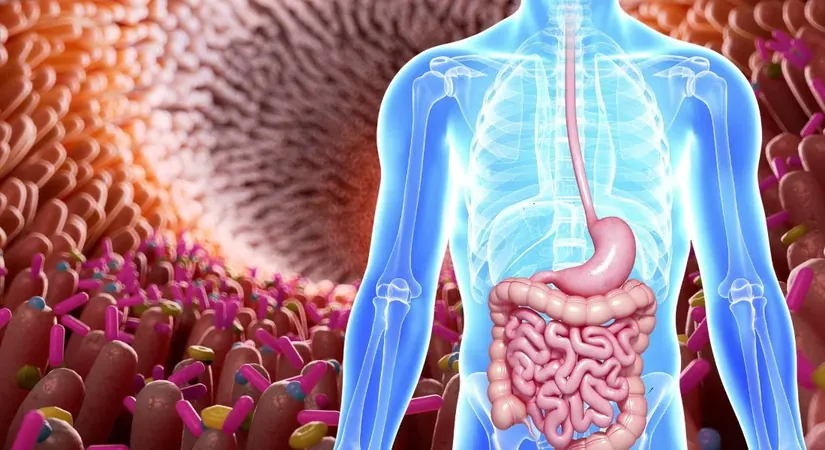
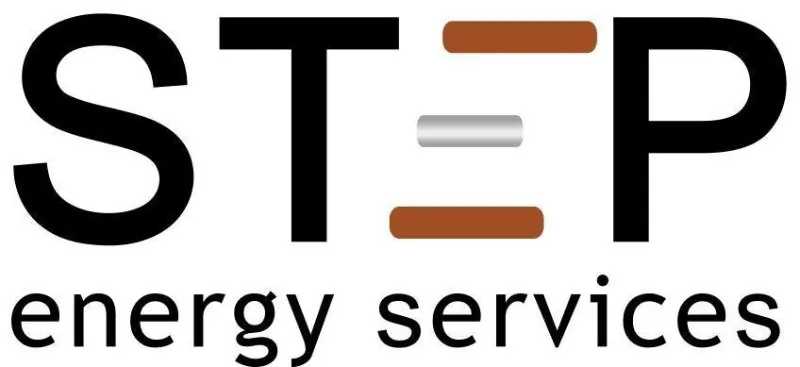

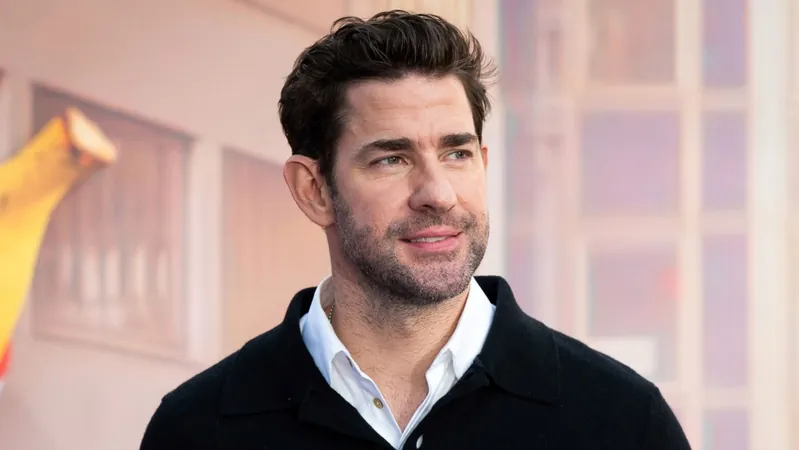
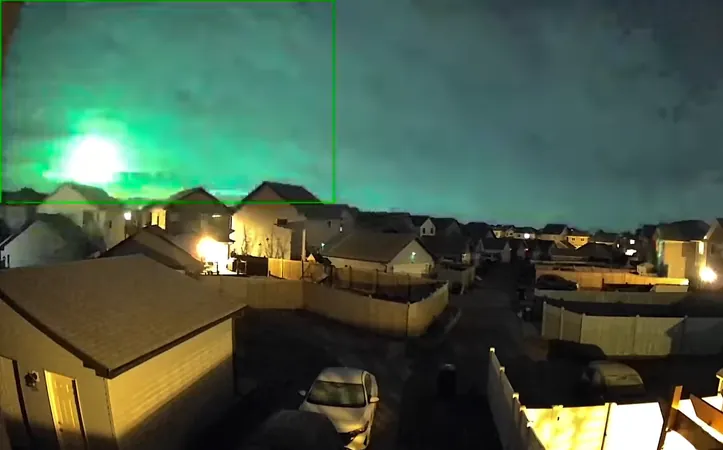


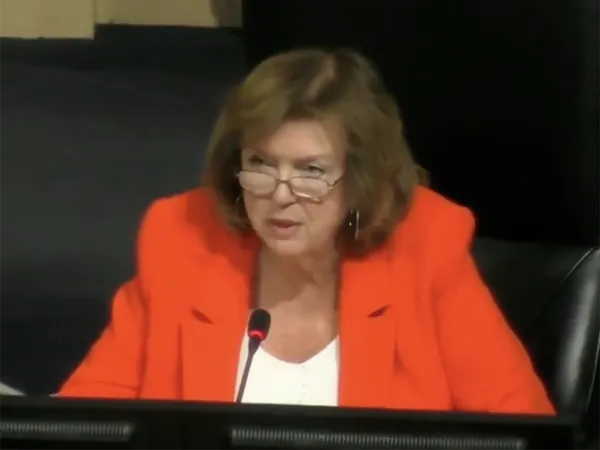
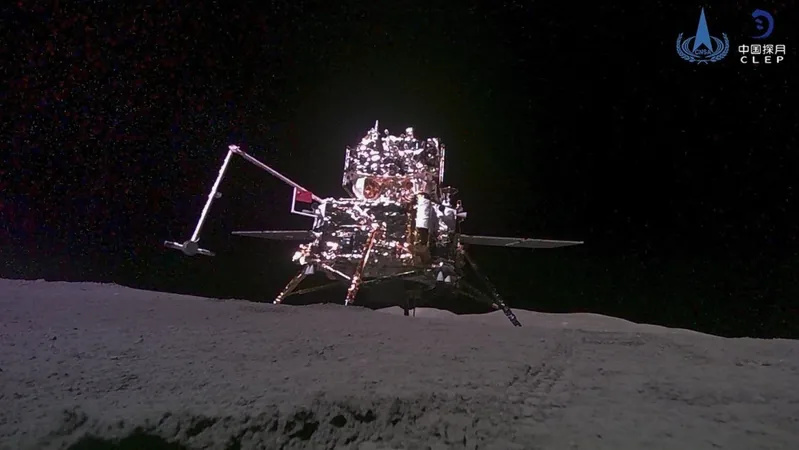
 Brasil (PT)
Brasil (PT)
 Canada (EN)
Canada (EN)
 Chile (ES)
Chile (ES)
 España (ES)
España (ES)
 France (FR)
France (FR)
 Hong Kong (EN)
Hong Kong (EN)
 Italia (IT)
Italia (IT)
 日本 (JA)
日本 (JA)
 Magyarország (HU)
Magyarország (HU)
 Norge (NO)
Norge (NO)
 Polska (PL)
Polska (PL)
 Schweiz (DE)
Schweiz (DE)
 Singapore (EN)
Singapore (EN)
 Sverige (SV)
Sverige (SV)
 Suomi (FI)
Suomi (FI)
 Türkiye (TR)
Türkiye (TR)